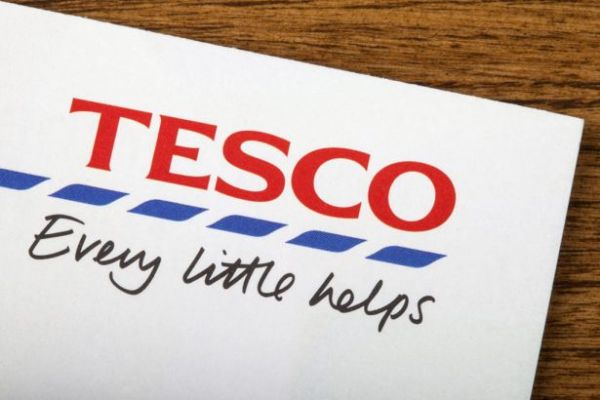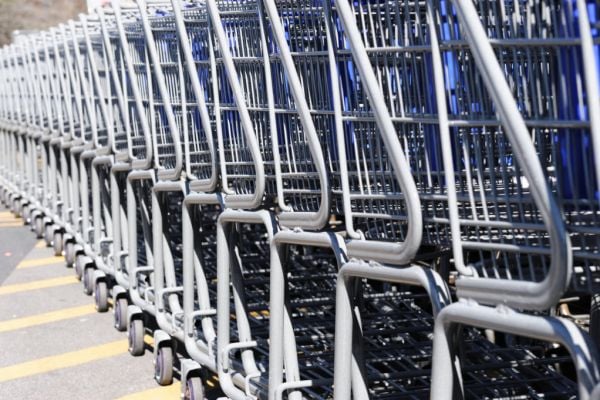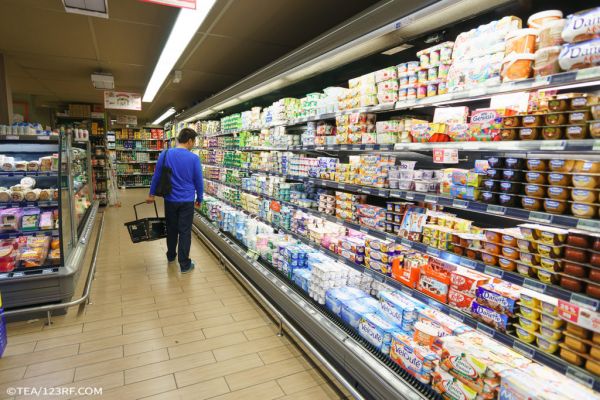Tesco's move to eliminate food waste should prompt brands and other retailers to tap into consumer concerns, says London-based consultancy Engage Research.
The supermarket's commitment to become the first UK supermarket to go food waste-free could bring the retailer closer to its consumers by addressing head-on their stated concerns on the issue, the consultancy argues.
With evidence suggesting that food waste is among consumers’ top concerns, Engage Research says that any moves to address the issue by both FMCG suppliers and the retail multiples could result in them getting closer to their consumers.
The Food Standards Agency’s Biannual Public Attitudes Tracker (May 2017) reported the top issues of concern among food consumers were the amount of sugar in food (53%), food waste (51%) and food prices (46%).
Changing Social Behaviour
Tesco CEO Dave Lewis explained in December that he intended to reclaim shoppers’ trust in the company by changing its social behaviour. As a result, the company is working with food redistribution organisation FareShare on changes to be implemented by February, with leftovers set to be given to charities or used as fuel.
Lewis had previously said that Tesco produced up to 70,000 tons of edible food waste annually. In December, the East England Co-op became the first major supermarket to sell food past its best before date in a bid to battle the food waste crisis.
“We are not suggesting that Tesco or any other supermarket are making these steps for anything other than totally the right reasons, but having a fundamental understanding of consumer attitudes towards waste and how issues like this play out in a consumer’s choices is what underpins most successful strategies for both brands and retailers,” explains Engage Research director Lyndsay Peck.
“A lot of time and money is spent on consumer marketing and activation programmes yet attitudinal research remains an area that is generally underexploited."
The Waste Issue
The question of how retailers deal with waste isn't going away, and supermarkets are increasingly having to face up to negative publicity - a recent report by the Daily Mail suggested that stores were fuelling plastic waste by placing labels to conceal how much food is inside.
According to the report, the worst examples of over-packaging concern meats and seafood in plastic containers, where large labels across the centre of the packaging give the impression that more is inside. On the one hand, the paper claims, customers feel short-changed and on the other, they believe that the excess packaging is contributing to the UK’s growing plastic waste problem.
Peck added that brands and retailers need to "recognise the value of investing time beyond factors usually associated with research: becoming fully immersed in consumer attitudes to a whole range of social issues that may affect their brand and their products so that it can be used to develop a clear analytic path going forward.”
Retailers now need to step up to assure customers that this is not the case, and put waste - food, packaging or otherwise - at the top of their agenda.
© 2018 European Supermarket Magazine – your source for the latest retail news. Article by Stephen Wynne-Jones. Click subscribe to sign up to ESM: The European Supermarket Magazine














